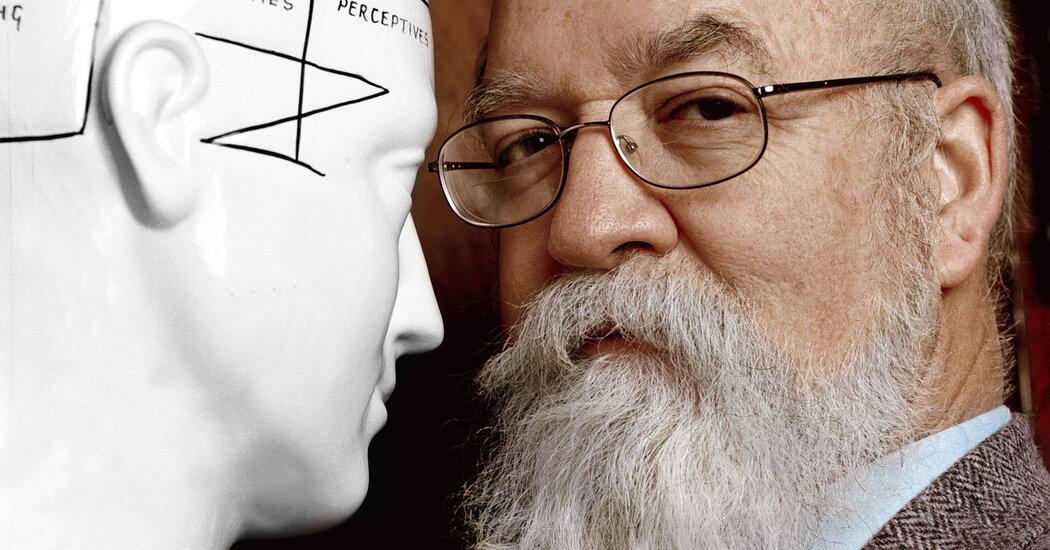For more than 50 years, Daniel C. Dennett has been right in the thick of some of humankind’s most meaningful arguments: the nature and function of consciousness and religion, the development and dangers of artificial intelligence and the relationship between science and philosophy, to name a few. For Dennett, an éminence grise of American philosophy who is nonetheless perhaps best known as one of the “four horsemen” of modern atheism alongside Christopher Hitchens, Richard Dawkins and Sam Harris, there are no metaphysical mysteries at the heart of human existence, no magic nor God that makes us who we are. Instead, it’s science and Darwinian evolution all the way down. In his new memoir, “I’ve Been Thinking,” Dennett, a professor emeritus at Tufts University and author of multiple books for popular audiences, traces the development of his worldview, which he is keen to point out is no less full of awe or gratitude than that of those more inclined to the supernatural. “I want people to see what a meaningful, happy life I’ve had with these beliefs,” says Dennett, who is 81. “I don’t need mystery.”
Right now it seems as if truth is in shambles, politics has become religion and the planet is screwed. What’s the most valuable contribution philosophers could be making given the state of the world? Well, let’s look at epistemology, the theory of knowledge. Eric Horvitz, the chief scientist at Microsoft, has talked about a “post-epistemic” world.1
1
Horvitz, Microsoft’s chief scientific officer, speaking about A.I. earlier this year: “We could be entering a post-epistemic world, where nobody knows what’s going on because of the powers of these systems to manipulate … to create alternative realities.”
That phrase, the mere fact that he could utter it, is extremely frightening. The presence of agreed-upon landmarks and sources of common knowledge — this is something we’ve taken for granted for a long time and can no longer take for granted. We have to work to try to restore it.

